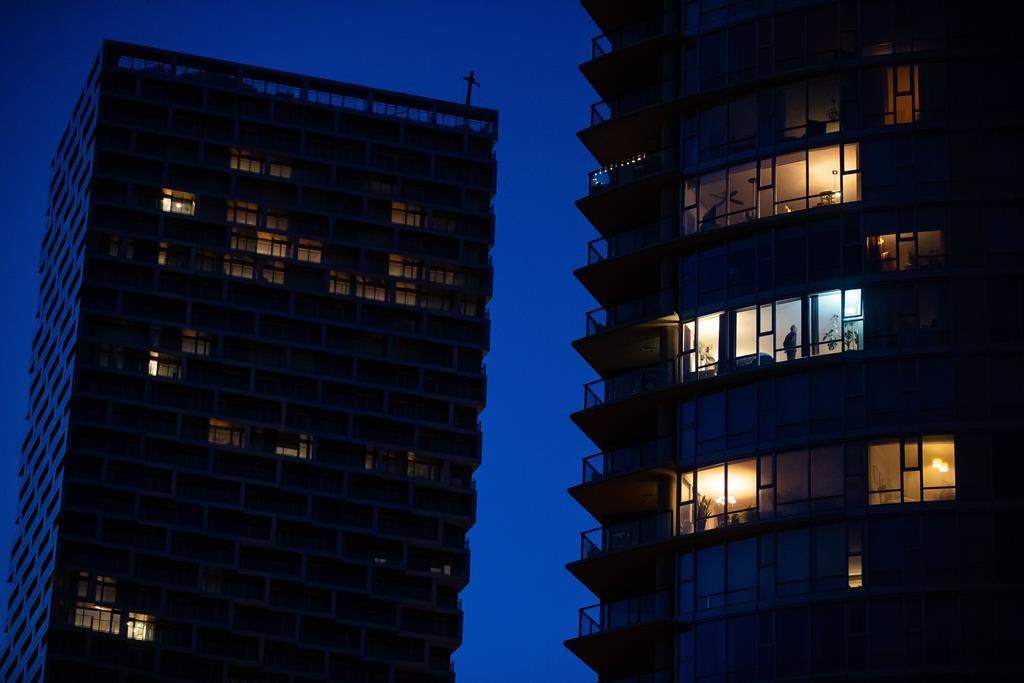City councillors are slated to consider undoing the recent increase of Vancouver’s empty homes tax from three to five per cent — at least for this tax year.

A report from the city’s director of finance recommends the reduction, along with numerous new exemptions to the tax.
Vancouver’s empty homes tax is intended to bring vacant units onto the rental or sale market, and targets properties that are unoccupied for more than half the year.

It has steadily increased since it was implemented at one per cent of a home’s assessed value in 2017, and was bumped to five per cent for 2023 last April.
The city says it has dedicated more than $115 million in revenue from the tax towards affordable housing since the measure was first implemented.

Get breaking National news
The staff report says the recommendations come following a review of the “fairness and effectiveness” of the tax and consultation with stakeholders, housing experts and external consultant Ernst & Young.
“The significant tax rate increase from 3% to 5% effective in 2023 may possibly support further conversion of additional homes from empty to occupied,” the report states.
“It can also result in a higher risk of tax evasion and consequently, requiring more resources for performing compliance work and increased impact of unintended consequences.”

The report states that vacant properties in the city fell by 20 per cent in 2020-2021 and again in 2021-2022, both under the three per cent tax, but adds the drop may be related to the COVID-19 pandemic.
It suggests returning the rate to three per cent, allowing for a longer-term observation of whether the decreases were related to the pandemic or the tax.
It also recommends the city explore a graduate tax rate, with higher tax rates targeting properties that remain vacant for multiple years.
The report also recommends numerous new exemptions to the empty homes tax.

Current exemptions for the tax, include properties under renovation, property transfer, and strata rental restrictions.
The report suggests adding an exemption for properties with a building permit, development permit, rezoning enquiry, rezoning application or policy inquiry issued in the tax reference year.
Other recommended exemptions include for properties that can’t be occupied due to hazardous conditions, properties being used as a second residence closer to medical treatment, and a one time exemption in 2023 for properties with strata rental restrictions.
The report is due to go to Vancouver city council next Wednesday.








Comments